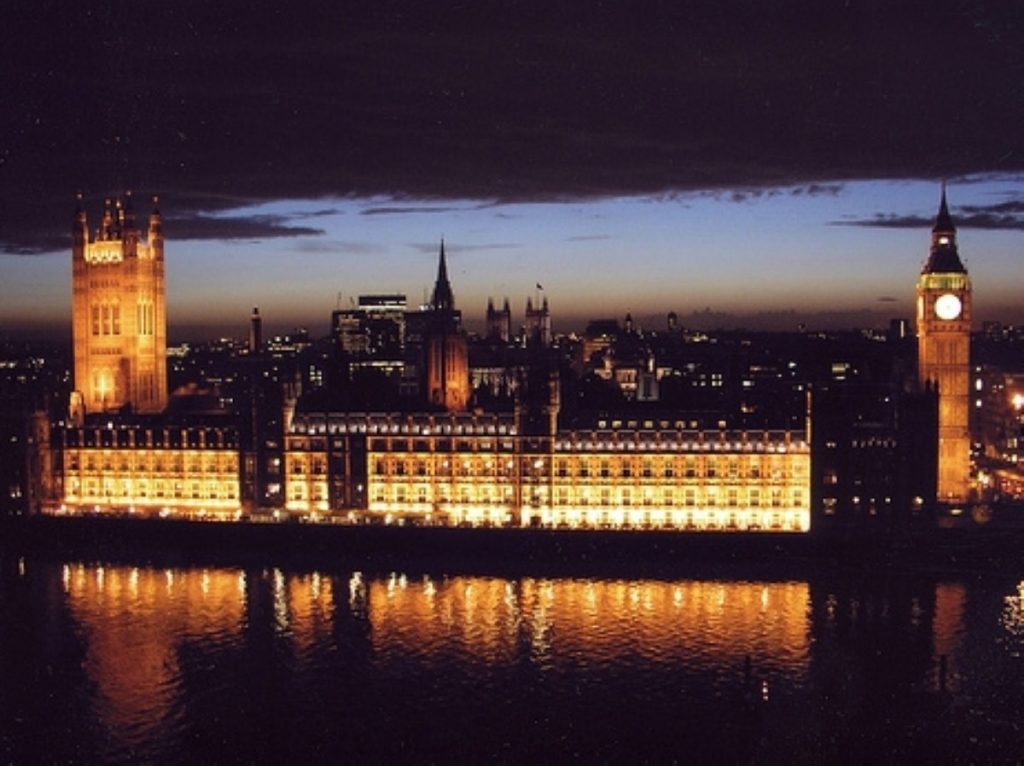It’s either/or for boundary changes and Lords reform
You can't have your major constitutional upheaval and keep your electoral map shakeup too…
That, at least, appears to be the message from coalition insiders closely involved with the boundary changes process.
They're telling me that this can only go one of two ways: Lords reform passing with boundary changes being abandoned, or the boundary changes getting through without any reform to parliament's upper House.
This is a dilemma which is, unsurprisingly, stuck on party lines. The Liberal Democrats have been itching to get the Lords reformed for a century, and are now doubly incentivised by the fact their leader's credibility is closely tied to its success. Boundary changes will make it harder for them to hold their seats in 2015, as their mostly isolated constituencies mean their incumbency boost will be diminished.


The Conservatives, by contrast, couldn't care less about reforming the Lords. Most Tories are only going along with it to keep their coalition partners happy. As one Conservative MP told me recently, "in due course" was the classic Tory response when the matter was raised. Now, he added, "they think it's a mess!" Boundary changes are of more interest, as the Tories stand to gain the most from the shift. As the process has played out, they are now expecting to win even more than they had anticipated hoped for.
None of this would be a problem if it wasn't for the fact that the two changes are very closely linked. Shifting to an elected second chamber involves abandoning a very handy get-out clause for parties negotiating with MPs losing their seats. The behind-the-scenes power struggle between neighbouring members of parliament having to play musical chairs over a reduced number of seats in their region is nearly over, but in many cases its political acceptability rests on the senior politician having a very cosy spot on the red benches reserved for them. Appointments to the Lords aren't really possible if the upper chamber is reformed, are they?
Boundary changes might, in the words of one observer, "get caught in the backwash of some other reform". But the other – and more likely – scenario is that Lords reform is pulled under by the weight of its many critics. Perhaps the Conservatives might, after all, balk at using the Parliament Act to force the reforming legislation through. If Clegg fails in his mission-virtually-impossible, boundary changes are likely to sail through.
That's because, according to a ComRes poll published last month, MPs seem fairly indifferent to the changes. Suggestions that the boundary changes posed the biggest threat to the premature collapse of the coalition are now judged to be less likely. Three-quarters of Conservative MPs and half of Liberal Democrats said they believed the government should continue with its intention to reduce the number of MPs. Forty per cent said they would be disadvantaged by the redistribution of seats, compared to 44% who think they won't be adversely affected.
Boundary changes were originally grouped in with the electoral reform referendum as a clear quid pro quo between the Tories and the Lib Dems. Now the alternative vote shift seems a long way in the past.
The history books could yet ending up grouping boundary changes with a much bigger potential failure – Clegg's grandiose ambitions to reform the House of Lords.












